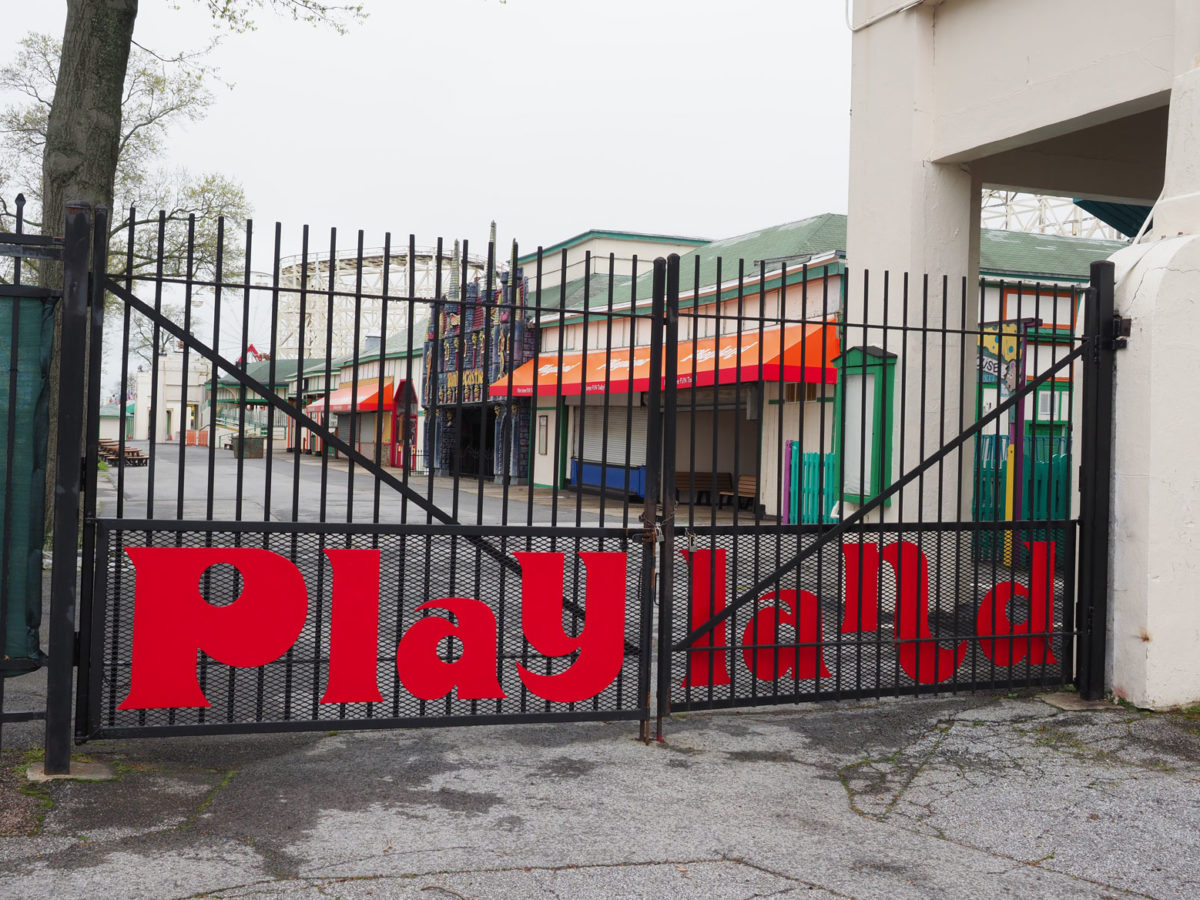 The Democratic-controlled Appropriations Committee last night approved a two-year, $43.3 billion budget ”“ and Republican leadership has expressed its opposition.
The Democratic-controlled Appropriations Committee last night approved a two-year, $43.3 billion budget ”“ and Republican leadership has expressed its opposition.
The budget, which calls for $130 million more in spending than does Democratic Gov. Ned Lamont”™s February proposal, passed by a 32-17 majority. Both plans now go to the Finance, Revenue and Bonding Committee, whose decision is expected to come as early as today.
The first year of the Appropriations budget would represent a 1.9 percent ($395 million) increase over this fiscal year”™s spending, while the second year would see a further increase of 3.6 percent ($768 million).
Also released yesterday were the latest revenue figures for the current fiscal year, which project that the state will end the year on June 30 with a $580.9 million surplus, an increase of about $14 million from last month”™s estimate.
Still to be determined are a number of issues, including tolls, the legalization of recreational marijuana, increasing the minimum wage from $10.10 to $15 an hour, paid family and medical leave, and transferring some of the costs of the teachers”™ retirement plan to municipalities. Those and other issues will be negotiated with Lamont as the June deadline looms.
The Connecticut Conference of Municipalities (CCM) said it was “pleased” that the Appropriations budget plan allocates more funding for local public education, by $37.5 million next fiscal year and another $78 million the following year, but that it was “extremely disappointed that it appears the committee did not reject, but in fact embraced, Gov. Lamont’s proposal to shift $73 million in teacher pension costs onto cities and towns ”“ and property taxpayers.”
Noting that the transfer of that pension burden is not reflected in the Appropriations budget, “the intent of making this major policy shift is still there as the leadership on the committee indicated that it was inadvertently left out in error,” the CCM said.
Lamont lauded the Appropriations budget, saying: “Over the course of the next few weeks, we have a lot of work to do as negotiations continue. I look forward to having more important conversations with my colleagues in the General Assembly in order to craft a final and honest budget which helps Connecticut grow good paying jobs, demonstrates that state government can live within its means and prepares our kids from Danbury to Danielson for a brighter economic future.”
Senate Republican President Pro Tempore Len Fasano was less upbeat, calling the Democrats”™ proposal “a massive step backward for Connecticut families. It burdens families with more taxes as a result of new spending when we are facing a deficit ”¦At a time when our state needs to get serious about change, this proposal goes back to the old days of gluttonous spending, political handouts and made up savings that are impossible to achieve.”
Fasano predicted that the proposal would result in a state tax increase “of well over $1 billion as it spends more than Gov. Lamont”™s proposal and eliminates proposals from the governor”™s administration to reduce spending through initiatives such as privatization.”





















